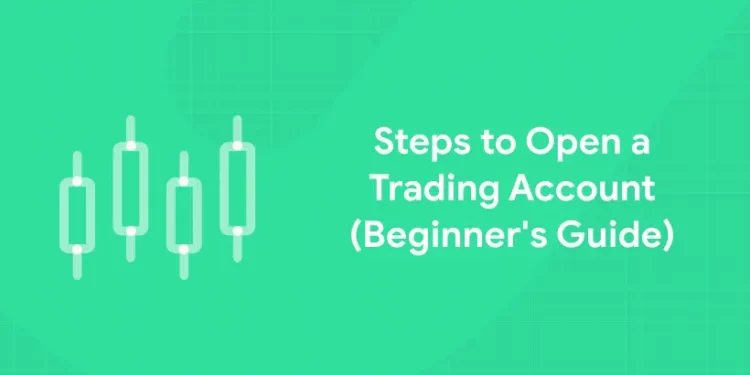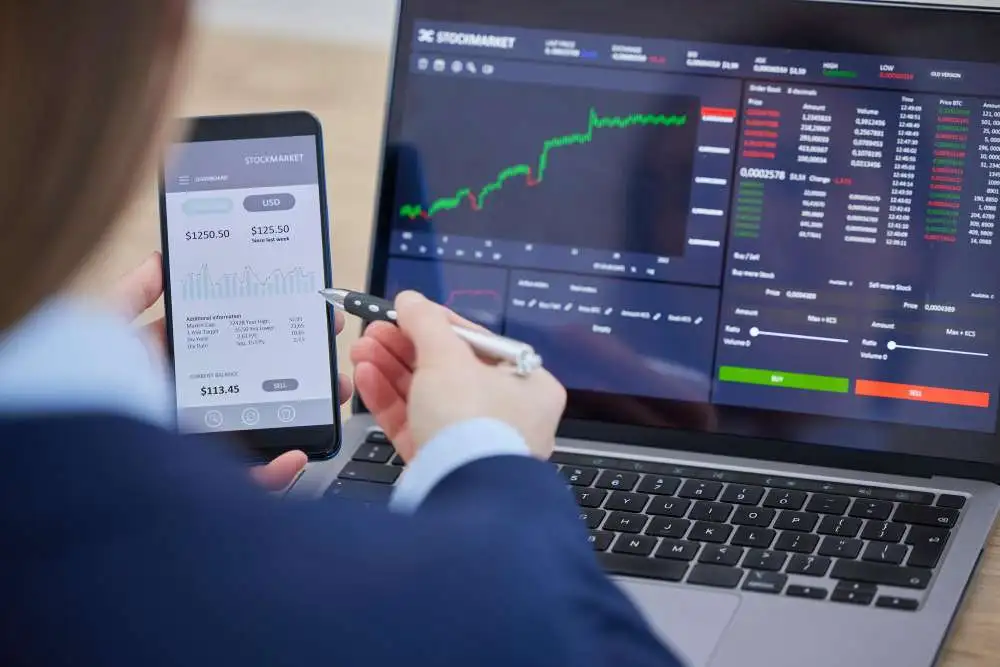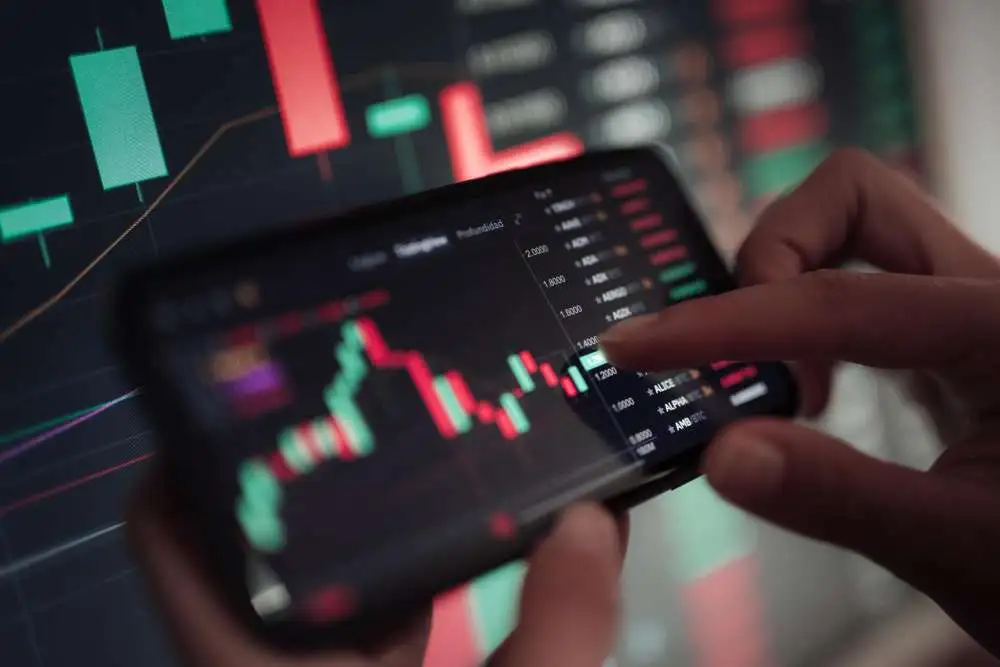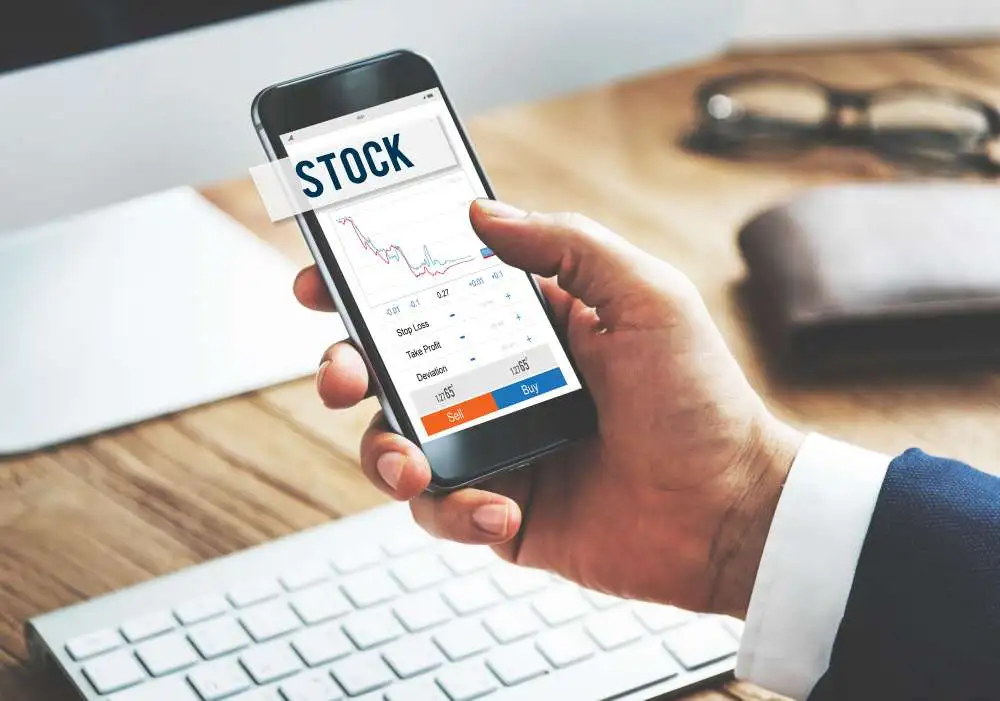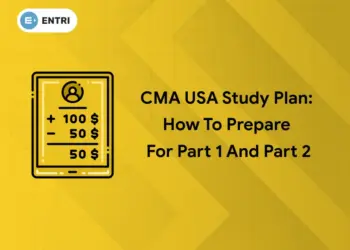Table of Contents
Consider your trading account to be an online investing account where you can trade securities and keep track of your trades. Your trading account gives you the ability to purchase and sell stocks on any stock exchange, just as your demat account consolidates all of your investments in one location.
Learn Stock Marketing with a Share Trading Expert! Explore Here!
What is a Trading Account?
Any investment account that holds cash, securities, or other items might be referred to as a trading account. The term “trading account” typically refers to the main account used by day traders. These investors are subject to specific regulations since they often acquire and sell assets, frequently inside the same trading session. A trading account’s holdings are kept apart from other assets that can be a part of a long-term buy-and-keep plan.
Why You Need a Trading Account
1: What is a stock?
Before dematerialisation (the conversion of physical share certificates into electronic form), trading was cumbersome and time-consuming. Now, everything happens seamlessly online.
Here’s why a trading account is indispensable:
- Fast & Paperless Trading: You can buy/sell shares in seconds.
- Safe & Secure: Your holdings are stored digitally in a Demat account.
- Access to Multiple Markets: Trade equities, commodities, derivatives, and ETFs using one platform.
- Transparency: View your holdings, P&L, and transaction history instantly.
- Integration with Mobile Apps: Most brokers provide AI-based insights and charting tools within mobile trading apps.
With India witnessing a boom in retail participation (over 15 crore Demat accounts as of 2025), knowing how to open and operate a trading account is a must for every aspiring investor.
Step-by-Step Process to Open a Trading Account
Opening a trading account is simple; you can do it completely online within minutes. Below is a detailed step-by-step guide designed for Indian beginners in 2025.
Step 1: Choose a Reliable Stockbroker
Your journey starts with choosing the right stockbroker.
There are two main categories in India:
| Broker Type | Features | Examples |
| Full-Service Broker | Provides trading + research + advisory | ICICI Direct, HDFC Securities, Kotak Securities |
| Discount Broker | Low-cost trading, DIY investing | Zerodha, Groww, Angel One, Upstox |
How to choose the right broker:
- Compare brokerage charges (delivery, intraday, futures, options).
- Check trading platforms and app ratings on Play Store.
- Look for account maintenance charges (AMC).
- Ensure the broker is registered with SEBI and a member of NSE/BSE.
- Assess customer support and education resources.
💡 Tip: For beginners, a discount broker like Zerodha or Groww is ideal due to low costs and simple interfaces.
Step 2: Fill the Account Opening Form
Once you’ve chosen your broker, visit their official website or app. You’ll see a section like “Open an Account” or “Start Trading.”
You’ll need to fill in basic personal details such as:
- Full Name (as per PAN)
- Mobile Number & Email ID
- PAN Card Number
- Aadhaar Number
- Bank Account Details (for linking)
Ensure your phone is linked to your Aadhaar for e-KYC verification.
Step 3: Complete e-KYC Verification
The Know Your Customer (KYC) process verifies your identity and address.
You’ll be asked to upload the following documents online:
- PAN Card – for tax identification
- Aadhaar Card – for address and identity proof
- Bank Proof – cancelled cheque or bank statement
- Signature Proof – scanned signature
- Income Proof (only for derivatives trading) – salary slips, Form 16, or ITR
Some brokers now offer instant e-KYC via DigiLocker, making it seamless.
Step 4: Perform IPV (In-Person Verification)
SEBI mandates an In-Person Verification (IPV) to confirm your identity.
You’ll either:
- Upload a short selfie video verifying your identity, or
- Join a live video call with a verification officer
This ensures security and compliance with SEBI norms.
Step 5: Sign the Agreement Digitally
After verification, you’ll receive a digital agreement from your broker.
This document outlines:
- Your rights & obligations as a trader
- Brokerage structure
- Margin requirements
- Risk disclosure statements
You can sign it using Aadhaar e-Sign within minutes.
Step 6: Link Your Bank Account
Link your primary bank account for funds transfer to and from your trading account.
Some brokers allow multiple bank accounts, handy if you maintain separate accounts for investing and personal expenses.
⚡ Note: Always use your personal bank account to comply with SEBI’s anti-money laundering rules.
Step 7: Get Your Login Credentials
Once your account is approved (usually within 24–48 hours), you’ll receive your:
- Client ID / User ID
- Password / PIN
- Trading app or web portal link
Log in to your account, explore the dashboard, and you’re ready to trade!
Step 8: Link Your Demat Account
If you don’t already have a Demat account, your broker will open one alongside your trading account (known as a 2-in-1 account).
Your Demat account will be maintained with either:
- CDSL (Central Depository Services Ltd), or
- NSDL (National Securities Depository Ltd)
All your shares and securities will be stored electronically here.
Step 9: Add Funds and Start Trading
Finally, you can transfer funds from your bank to your trading account using:
- UPI / Net Banking
- NEFT / RTGS / IMPS
- Auto Pay or Broker Wallet
Once funds reflect in your trading account, you can start placing orders through your broker’s app.
✅ Start small, trade safely, and focus on learning before chasing profits.
Documents Checklist to Open a Trading Account
| Document | Purpose | Mandatory |
| PAN Card | Identity proof | Yes |
| Aadhaar Card | Address & ID verification | Yes |
| Bank Proof | Account linking | Yes |
| Income Proof | For derivatives/margin trading | Only for FNO |
| Passport Photo/ Live image Capture | Profile identification | Yes |
How Much Does It Cost to Open a Trading Account in India?
Charges vary by broker, but here’s an approximate idea:
| Type of Fee | Typical Range |
| Account Opening Fee | ₹0 – ₹500 |
| Annual Maintenance (AMC) | ₹0 – ₹700 |
| Brokerage (Equity Delivery) | ₹0 – ₹20 per trade |
| Brokerage (Intraday / F&O) | ₹10 – ₹20 per trade |
| Call & Trade Charges | ₹20 – ₹50 per order |
💬 Most leading brokers now offer “Zero Account Opening” offers, so you can start for free.
Stock Market Training Reviewed & Monitored by SEBI Registered RA
Trusted, concepts to help you grow with confidence. Enroll now and learn to start investing the right way.
Know moreBest Trading Platforms
When choosing your broker, also compare their trading platforms and apps. Here are a few leading names:
- Zerodha Kite – Lightweight, powerful, and clean interface.
- Upstox Pro – Great for beginners, with smart charts.
- Groww – Intuitive app, popular among millennials.
- Angel One Smart API – Offers algorithmic & AI-based features.
- ICICI Direct Neo – Ideal for investors who prefer bank integration.
Things to Remember when Opening a Trading Account
Starting early can help you develop wealth through compound growth
The first important thing to understand is that you may almost effortlessly develop more wealth the earlier you start investing. The reason for that is a phenomenon known as compound growth. You see, you get to reinvest the extra money you make when you invest and get returns.
Your money starts earning money for you without requiring you to put in any additional work once your returns have been used to purchase investments. You might earn more in the future because your account balance is larger. All of that excess cash will then also be reinvested. And it really does make a difference.
Returns might be reduced by investment fees
The investing fees you pay must also be carefully taken into account when deciding which assets to purchase. This is due to the fact that fees gradually reduce those returns. Additionally, you greatly lessen the impact of the previously mentioned compound growth when your earned returns are lower.
Investors with long-term do better
When investing, you have the option to buy and sell assets regularly or to make long-term, conviction-driven investments. It is obvious that one strategy is superior to another.
In fact, according to one study, the highest traders made only 11.4% during a time when average market returns were 17.9%. Anecdotal evidence indicates that 95% of people who day trade or keep assets for a little period of time in the hopes of generating a quick profit lose money. Since we are not able to foretell the future, it is unusual that perfectly timing the market works.
Start investing like a pro. Enroll in our Stock Market course!
How Entri’s Stock Market Courses Help You Get Started Right
Opening a trading account is easy. But using it smartly and profitably requires knowledge.
That’s where the Entri Stock Market Course comes in.
Here’s how:
- 📘 Foundational Learning: Learn how stock markets work, from indices like NIFTY/SENSEX to order types (CNC, MIS, SL).
- 📊 Practical Application: Hands-on training using real trading platforms (like Zerodha and Upstox).
- 🤖 AI & Chart Analysis Modules: Learn to read candlestick patterns, moving averages, and integrate AI insights into decision-making.
- 💡 Risk Management Strategies: Learn money management before investing big.
- 👩🏫 Mentorship & Guidance: Experienced mentors will guide you through every step, from opening your first trading account to executing your first profitable trade.
By the end of the course, you’ll not just know how to open a trading account but also how to use it like a pro.
Key Takeaways
- Opening a trading account is the first step to participate in the Stock market.
- Choose a SEBI-registered broker that suits your goals and budget.
- Complete your KYC, IPV, and bank linking accurately.
- Keep your PAN, Aadhaar, and income proof ready for faster processing.
- Don’t overtrade and start small, focus on learning.
- Upskill with Entri’s Stock Market Course to gain real trading knowledge and practical experience.
- Stay disciplined, maintain records, and follow market news regularly.
Conclusion
Opening a trading account may seem technical, but it’s a simple step-by-step process once you understand the flow.
In today’s digital age, you can open an account online in less than 30 minutes, but to trade profitably, you need to combine your trading platform with education, strategy, and discipline.
That’s why the Entri Stock Market Course is a smart investment. It bridges the gap between opening an account and truly understanding how to use it for success. Start now, open your account
|
RELATED POSTS |
|
| Groww vs Angel One: Ultimate Comparison | |
| Zerodha vs Fyers: Ultimate Comparison | |
|
Entri Finacademy is Now Monitored by a SEBI Registered Advisor! |
|
Stock Market Training Reviewed & Monitored by SEBI Registered RA
Trusted, concepts to help you grow with confidence. Enroll now and learn to start investing the right way.
Know moreFrequently Asked Questions
Which trading account type is best for beginners?
For new users, mini and micro accounts are best. This is because, even as you begin to trade, they allow you to take tiny positions without having to risk a large amount of money.
How much money should a beginner day trader start with?
In order to permit day trading, the Financial Industry Regulatory Authority (FINRA) mandates that your brokerage account have a minimum balance of $25,000. If not, the broker will limit your capacity to trade.
How do I start my own trading account?
Fill out the online Demat account opening form with your PAN number, bank account information, evidence of identification and address, and birthdate. Sign the document electronically using the phone number you registered. Use the trading platform to place trades after obtaining login credentials.


